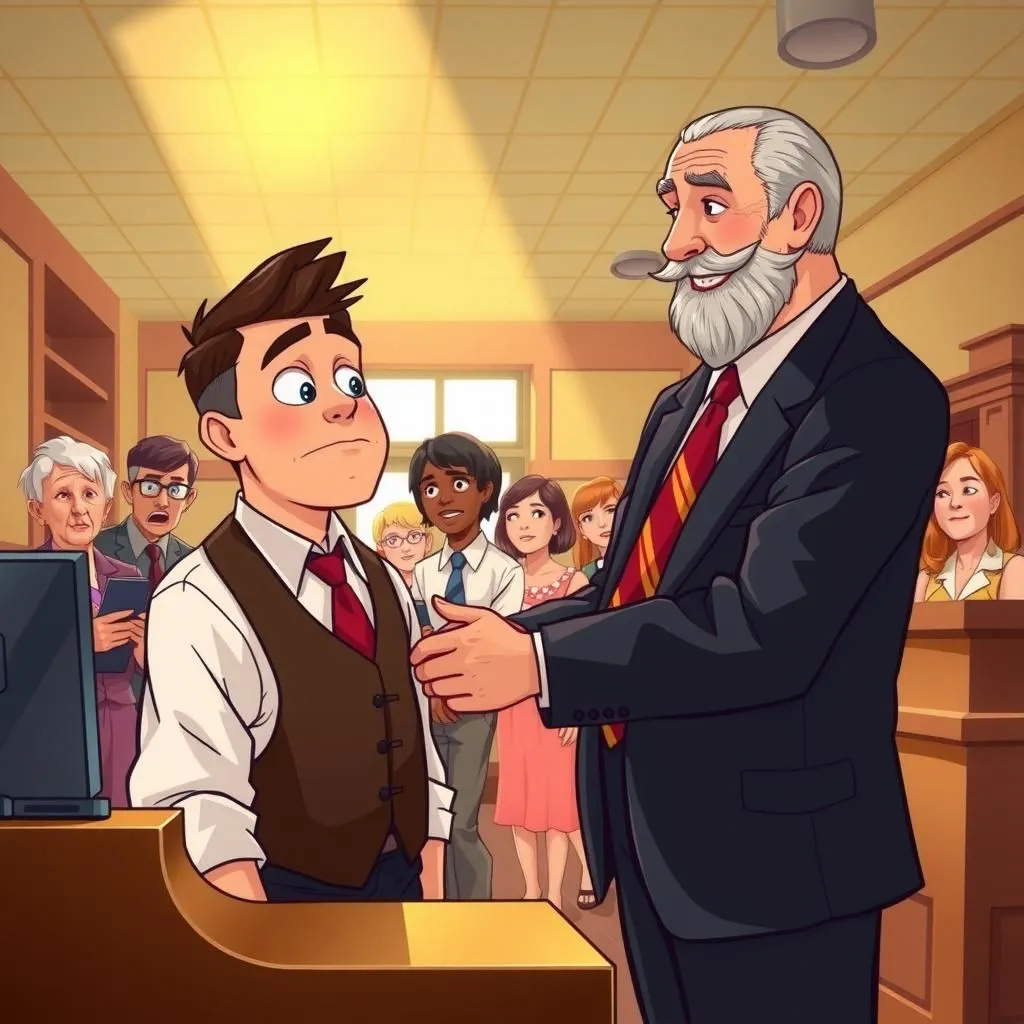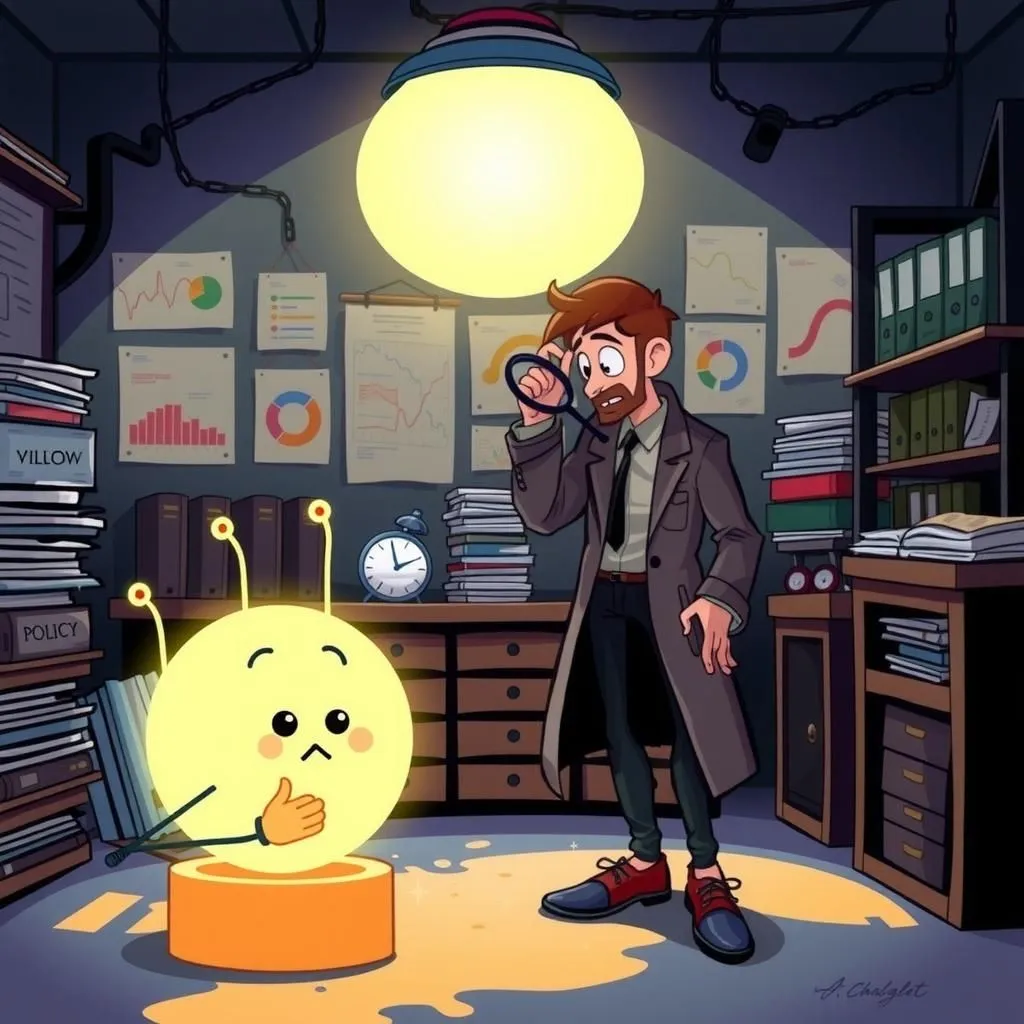
The Wolf, the Nanny-Goat, and The Kid
In the inspirational short story "The Wolf, the Nanny-Goat, and The Kid," a clever Kid learns the importance of caution and having multiple safeguards against deception when he refuses to let in the Wolf, despite the creature knowing the password. This timeless moral story emphasizes that two guarantees are better than one, illustrating a valuable lesson for kids in discerning trustworthiness. Such short stories for students with moral lessons make for great additions to any collection of moral tales.


